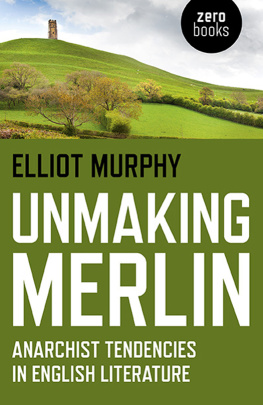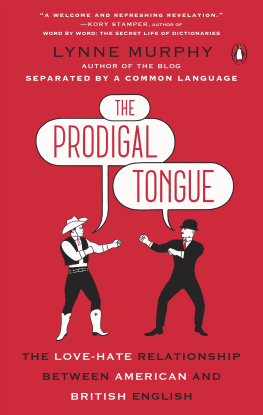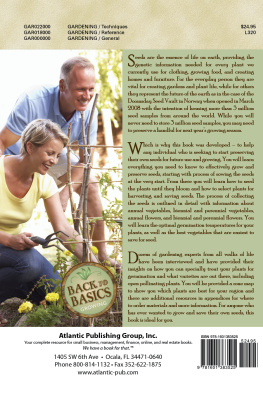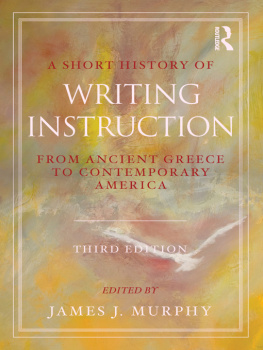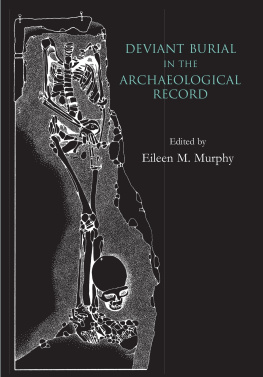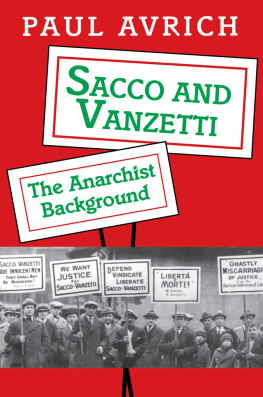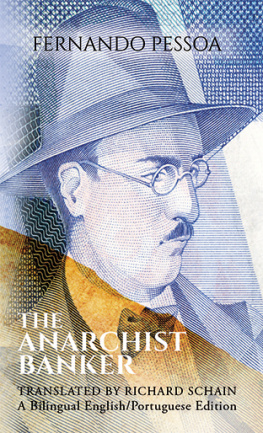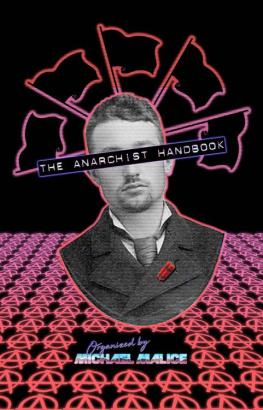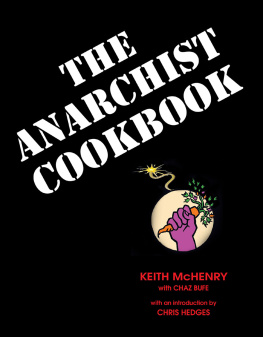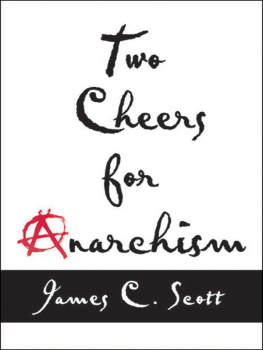Murphy - Unmaking Merlin anarchist tendencies in English literature
Here you can read online Murphy - Unmaking Merlin anarchist tendencies in English literature full text of the book (entire story) in english for free. Download pdf and epub, get meaning, cover and reviews about this ebook. City: Alresford, year: 2014, publisher: John Hunt Publishing;Zero Books, genre: Politics. Description of the work, (preface) as well as reviews are available. Best literature library LitArk.com created for fans of good reading and offers a wide selection of genres:
Romance novel
Science fiction
Adventure
Detective
Science
History
Home and family
Prose
Art
Politics
Computer
Non-fiction
Religion
Business
Children
Humor
Choose a favorite category and find really read worthwhile books. Enjoy immersion in the world of imagination, feel the emotions of the characters or learn something new for yourself, make an fascinating discovery.
Unmaking Merlin anarchist tendencies in English literature: summary, description and annotation
We offer to read an annotation, description, summary or preface (depends on what the author of the book "Unmaking Merlin anarchist tendencies in English literature" wrote himself). If you haven't found the necessary information about the book — write in the comments, we will try to find it.
Murphy: author's other books
Who wrote Unmaking Merlin anarchist tendencies in English literature? Find out the surname, the name of the author of the book and a list of all author's works by series.
Unmaking Merlin anarchist tendencies in English literature — read online for free the complete book (whole text) full work
Below is the text of the book, divided by pages. System saving the place of the last page read, allows you to conveniently read the book "Unmaking Merlin anarchist tendencies in English literature" online for free, without having to search again every time where you left off. Put a bookmark, and you can go to the page where you finished reading at any time.
Font size:
Interval:
Bookmark:


First published by Zero Books, 2014
Zero Books is an imprint of John Hunt Publishing Ltd., Laurel House, Station Approach, Alresford, Hants, SO24 9JH, UK
www.johnhuntpublishing.com
www.zero-books.net
For distributor details and how to order please visit the Ordering section on our website.
Text copyright: Elliot Murphy 2013
ISBN: 978 1 78279 575 9
All rights reserved. Except for brief quotations in critical articles or reviews, no part of this book may be reproduced in any manner without prior written permission from the publishers.
The rights of Elliot Murphy as author have been asserted in accordance with the Copyright, Designs and Patents Act 1988.
A CIP catalogue record for this book is available from the British Library.
Design: Lee Nash
Printed and bound by CPI Group (UK) Ltd, Croydon, CR0 4YY
We operate a distinctive and ethical publishing philosophy in all areas of our business, from our global network of authors to production and worldwide distribution.
The staff at Liverpools Central Library deserve my thanks for kindly helping me with numerous book requests. I am also grateful to Nottinghams volunteer-run independent community, the Sumac Centre, for granting me invaluable assistance through its dense anarchist library. My fellow linguist at UCL, Lars Stromdahl, provided useful and insightful discussions about some of the literary figures in the book and went out of his way to proofread earlier versions. Lastly, my thanks and love must go to the true revolutionary of the family, my sister Lydia, for providing me throughout the preparation of this book with excellent company and even better food.
For all us sons of earth, the enemy is the reigning despot of heaven, whether that despot is the Olympian, as he has been for the last ten thousand years, or this new Triad of Cruelty, Love, and Lies, who will rule for the next two thousand years.
John Cowper Powys
Anarchism is a broad river with various currents, but in popular imagination and a good deal of scholarship it is commonly misunderstood as being synonymous with disorder and rampant violence. Joseph Conrad, for instance, immortalised the anarchist as a violent fanatic seeking the destruction of civilisation in The Secret Agent. Raymond Williams points out in his study Keywords that the earliest uses of anarchism are not too far from the early hostile uses of Democracy.
The life-long anarchist and literary critic George Woodcock explained in 1944 that anarchism is not a creed of terror and destruction, of social chaos and turmoil, of perpetual war between the individuals within society; it is not nihilism. On the contrary, it is the opposite of all these; a doctrine based on the idea of natural order within society, and of peace between individuals who respect their mutual freedom and integrity. It is the faith of the complete man, growing to fulfillment through social, economic and mental freedom.
Unlike a great number of studies concerning English literary history, the primary intention of this book is to focus on the neglected and repressed indigenous anarchist tradition of the British Isles, attending to those concerns of authors which strike me as exhibiting what John Cowper Powys and Bertrand Russell called anarchist tendencies. Though the book is almost entirely limited in focus to those authors who have, at one point or another, explicitly defined themselves as anarchists, these tendencies are sometimes indirect or unintentional. Anarchist strains of thought, for instance, have been convincingly found in the ninth-century Najdite Muslims of Basra, the mystical late-medieval anarchists the Brethren of the Free Spirit, and one can easily detect them in the writings and actions of the Diggers and Ranters of the seventeenth century, along with Rabelais (who influenced Powys) and tienne de La Botie during the Renaissance.
There are no fixed anarchist principles which an individual need adhere to on fear of expulsion from any accepted anarchist groups. Anarchists instead promote the tendency in human thought to challenge and question all forms of authority, domination, hierarchy and coercion, and work towards dismantling them if they cannot be justified. Anarchists and libertarian socialists have had many goals historically which substantially resonate today with many social movements not explicitly termed anarchist (like important strands of the Green movement in Britain), chief amongst them being: to strengthen ); promoting non-violent action against harmful or dangerous measures to members of society or people of other countries; a suspicion of all forms of authority. Once we spell out these aims clearly, and identify the kinds of authority these criteria require to be dismantled, it is easy to see with Kropotkin the absurdity of naming a few men and saying to them, Make laws regulating all our spheres of activity, although not one of you knows anything about them!
As much as the feudalists, Ottomans, Bolsheviks and modern liberal democracies despise the rule of the demos, so too do they reject the idea that their own existence is harmful and divisive. Much propaganda has been put out over the last century and a half to associate anarchism with chaos, misrule, arson, turmoil, violence and confusion. The Girondins, during the French Revolution, attacked their radical opponents as anarchists, helping to associate further collectivist movements with the same concocted ideology. Nobody owns the label anarchist, of course, and the most vicious terrorist can call himself an anarchist at the same time as a pacifist simply because they share similar long-term goals (such as the abolition of the state). Those who branded themselves anarchists in the 1870s spoke against the dictatorship of the proletariat prophesied by the orthodox Marxists, and instead promoted self-governing collectives to replace state organization. Many activists have applied the anarchist principles of trade union organisation with modern factory systems and a variety of early participatory economics. This was later called anarcho-syndicalism, and was advocated by anti-authoritarian socialists like Antonie Pannekoek and Rosa Luxemburg during the violent rise of the Bolsheviks from 1917-1921.
The pre-war British, US, Latin American, Australian and European range of anarcho-syndicalism aimed to construct a libertarian society without economic or political oppression, achieved through the means of general strike and direct action. The anarcho-syndicalists have traditionally believed that the commune should be the focus of societys organisation, whereas the similar anarcho-communists put more emphasis on trade unionists. But these distinctions will not concern us much: anarchist tendencies of all shading and emphasis will instead be our focus. And though the ideas of many nineteenth-century anarchists were informed by their European classical liberal predecessors, anarchism was not an exclusively European creation. Steven Hirsch and Lucien van der Walt have argued, for instance, that anarchism was not a European doctrine that diffused outward. Rather, the movement emerged simultaneously and transnationally, created by interlinked activists on three continents. The Korean Makhno Kim Jwa-Jin established an anarchist administration in the Manchurian province of Shinmin, lasting from 1921-31 until it was overthrown by the Japanese.
Along with the goal of surveying anarchist authors, the governing argument of this book will be that anarchist literature has been overlooked, even shunned, in Britains academic and literary circles. One might, with the anarchist poet Herbert Read, ask why:
Font size:
Interval:
Bookmark:
Similar books «Unmaking Merlin anarchist tendencies in English literature»
Look at similar books to Unmaking Merlin anarchist tendencies in English literature. We have selected literature similar in name and meaning in the hope of providing readers with more options to find new, interesting, not yet read works.
Discussion, reviews of the book Unmaking Merlin anarchist tendencies in English literature and just readers' own opinions. Leave your comments, write what you think about the work, its meaning or the main characters. Specify what exactly you liked and what you didn't like, and why you think so.

